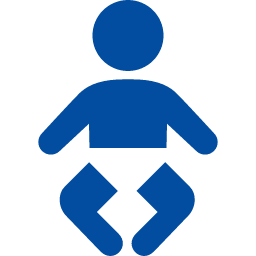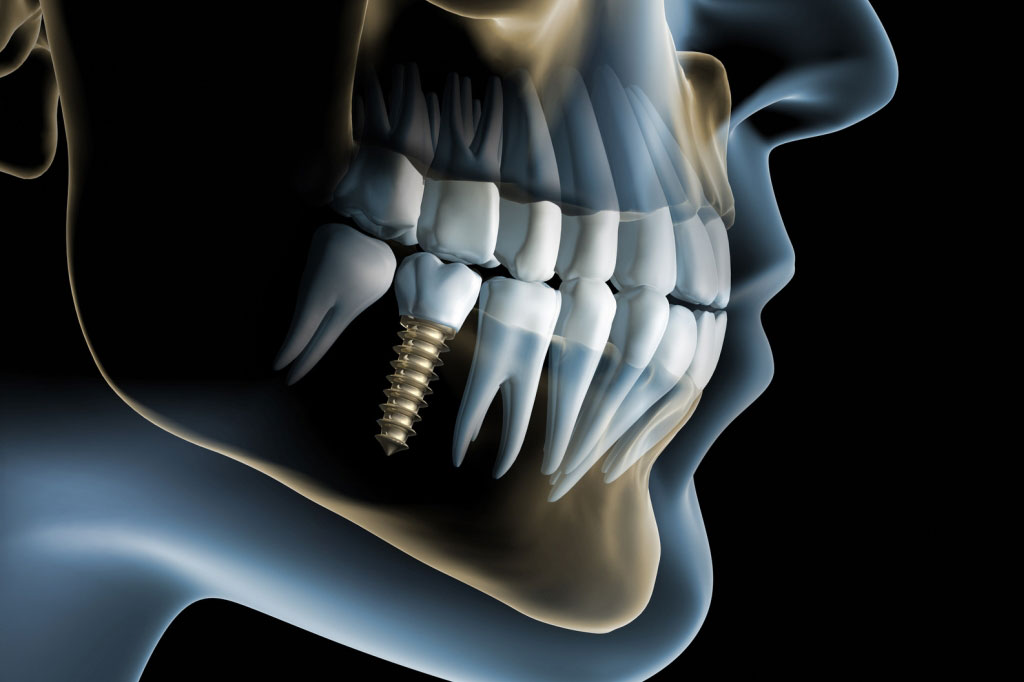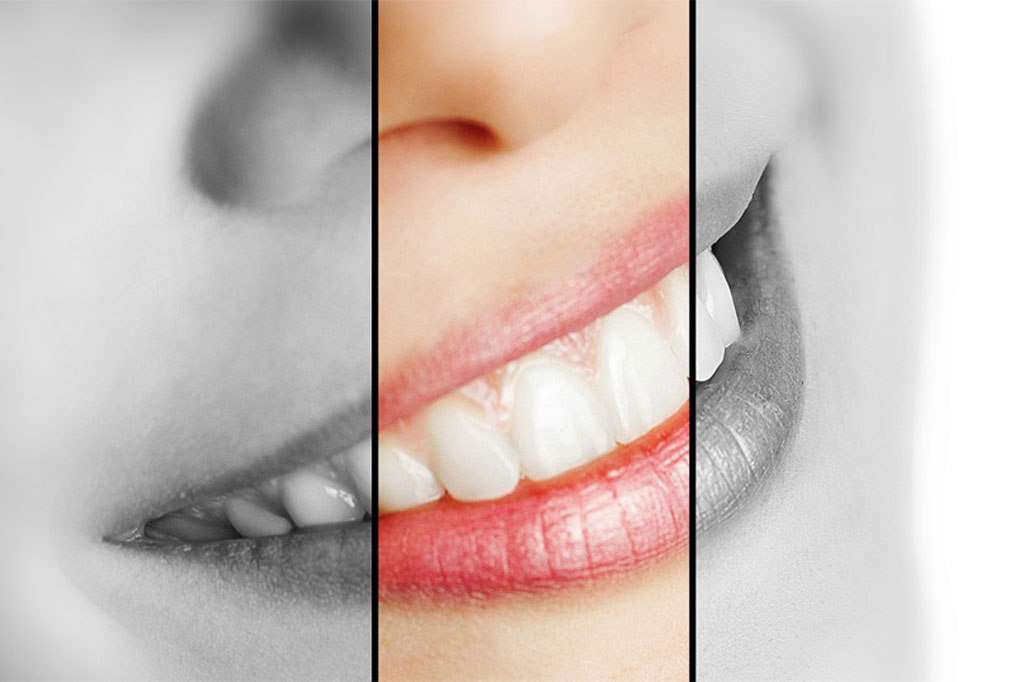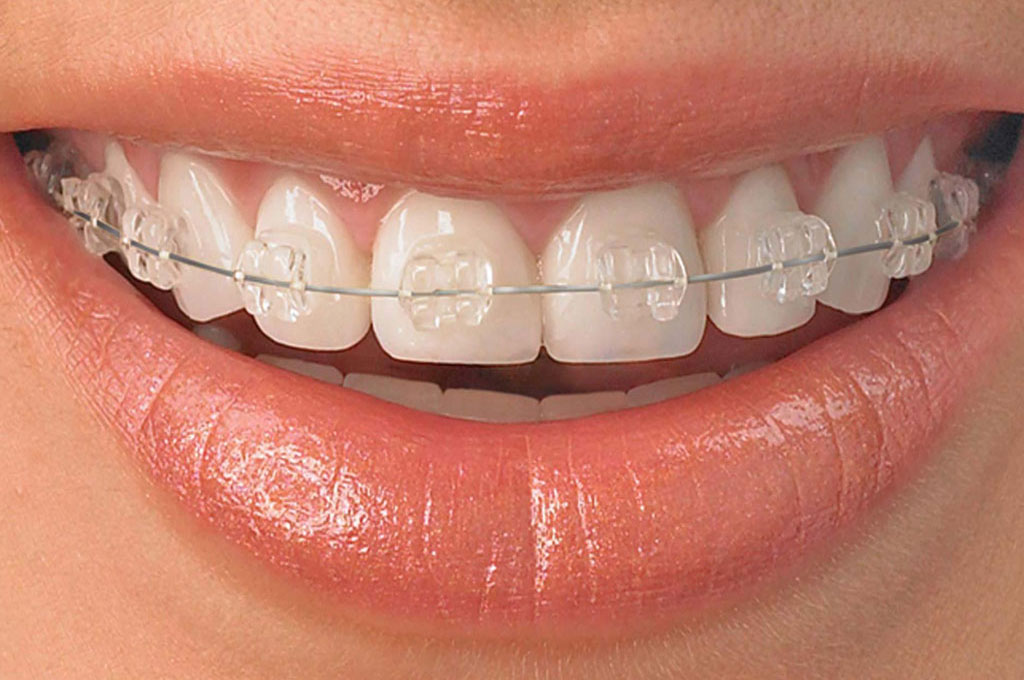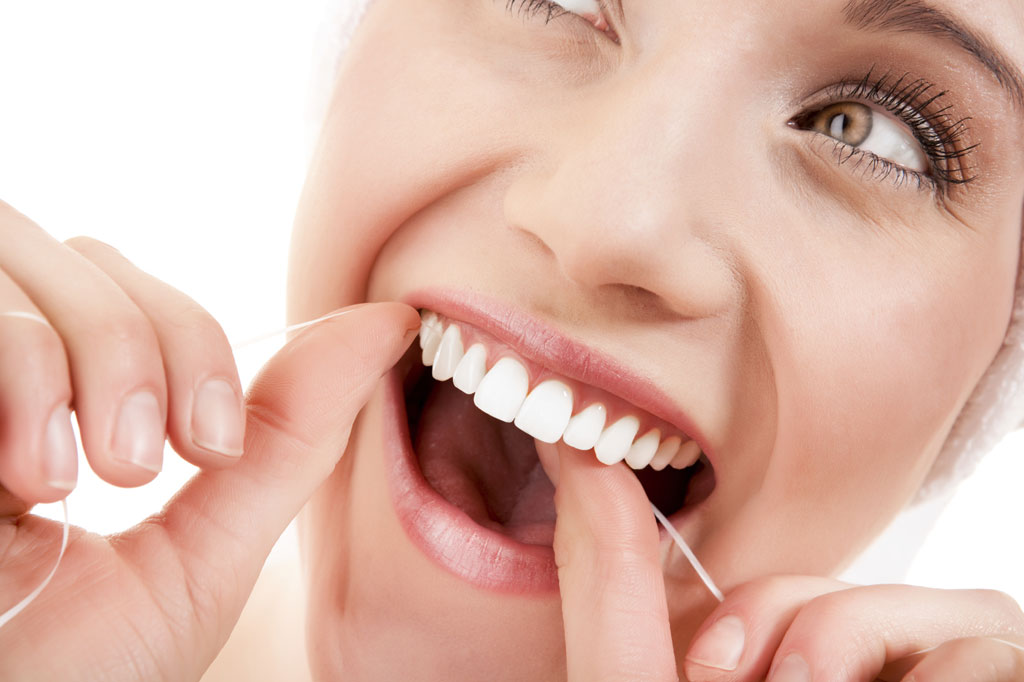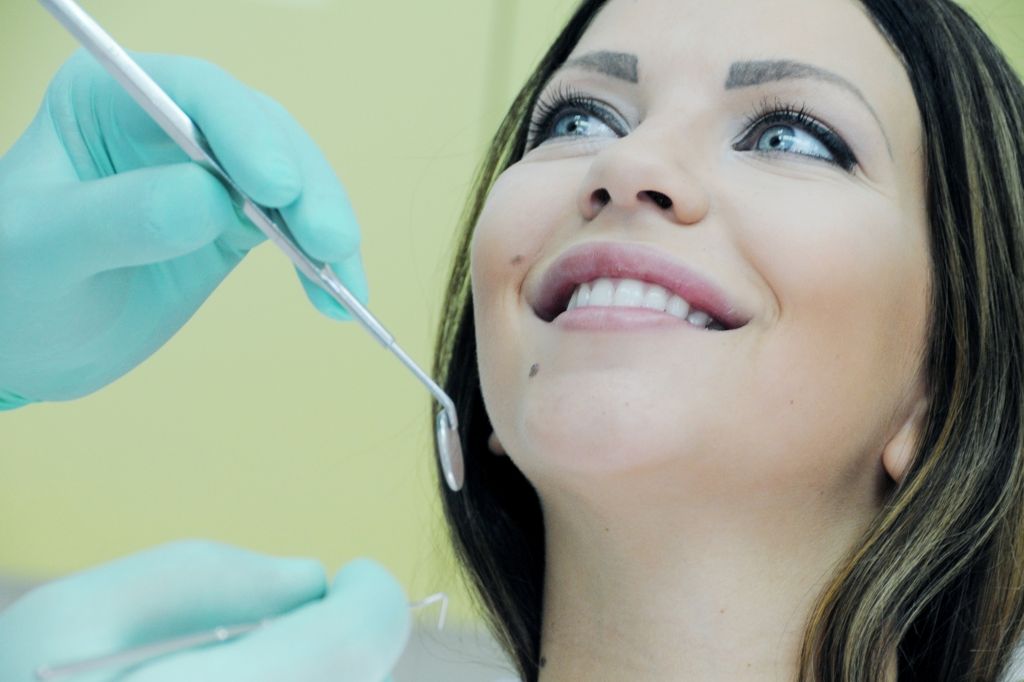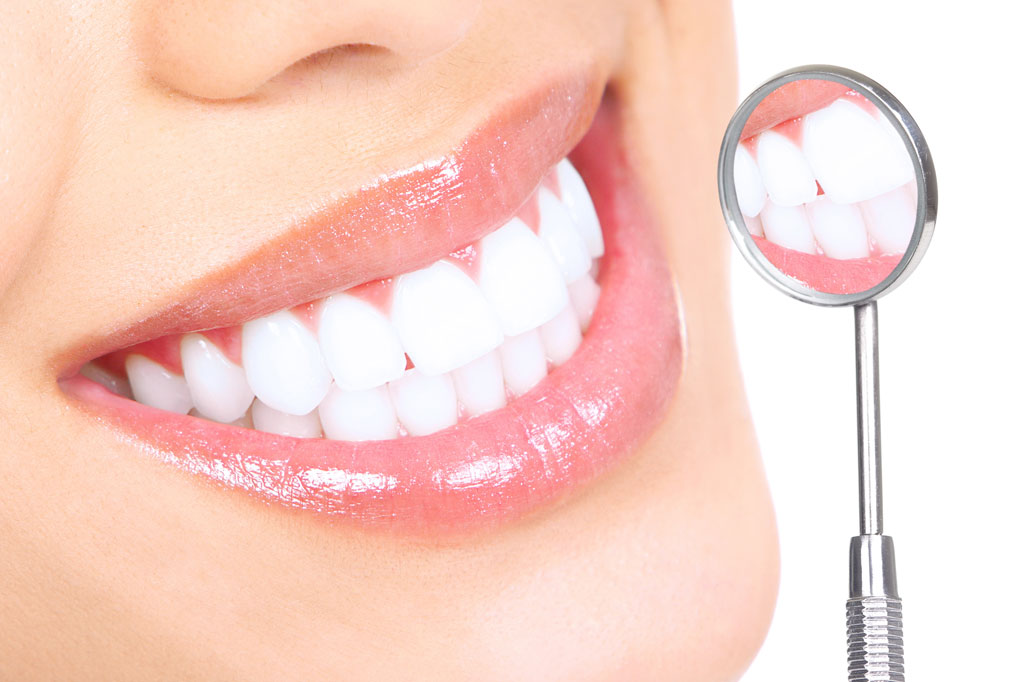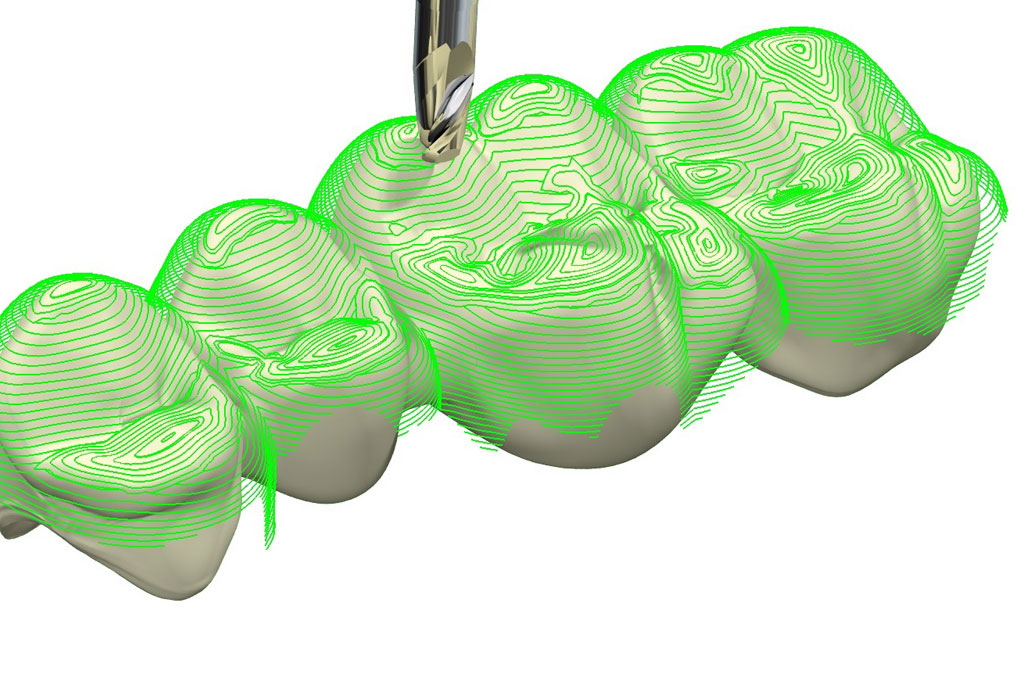Before becoming a mom
When planning a pregnancy should not forget to visit your dentist before you became pregnant,. Dental exam can identify potential problems which if they occurred during pregnancy are much harder to resolve. Teeth loss during pregnancy and significant incidence of dental and mouth diseases is not associated with the loss of calcium from the teeth, which is traditional belief. Teeth are not reserve of calcium and the baby does not draw it from them.
Diseases of the teeth during pregnancy usually occur because of:
Frequent intake of food which leads to a drop in the pH value in the mouth
Frequent nausea and vomiting, increased gastric acid secretion, which leads to enamel demineralization.
Frequent consumption of acidic and sugary foods, which increases the risk of dental caries/
To prevent diseases of the teeth and mouth during pregnancy, better maintenance of oral hygiene is necessary because the risk of their occurrence is higher.
Baby has arrived!!!
Children are born with all the primary teeth that are not visible because they are underneath the gums. Eruption of the first teeth usually begins around the sixth month. . While teething, first the gums get swollen; the oral mucosa is swollen and hurts. Appearance of hematoma at the site of tooth eruption is not a rare and it is natural. During the tooth eruption period time increased secretion of saliva is noticeable. Baby is often upset, irritable, and weepy and often refuses food. It puts various items in the mouth. During teething its advised not to feed babies with the food that is too hot or sweetened. In case baby refuses milk and food give it water at room temperature or lukewarm tea. In the first year it’s advisable to stimulate the child’s different functions (sucking, swallowing, chewing), because it improves the growth of the jaws and teeth, improves circulation and eases teething. Do not attempt to ease baby’s teething by using folk remedies, especially, wine because it is harmful for the baby very . Its important to start good care of the baby's mouth prior to the emergence of the first teeth. In a healthy and clean mouth sprout healthy teeth. Biggest danger to the health of your baby’s teeth is the food with lots of sugar. In contact with the teeth it becomes harmful, after ten minutes Baby have no desire for sugar until it try’s it, and when they do, it easily becomes a habit. Babies should get used to the food and beverage without additional sugar which is also pediatrician’s recommendation for proper development. As for the overall development of the baby and your baby's teeth the natural food should be used. Breast feeding is very useful for jaw growth and its evolution. During the first year of life, breast milk provides a sufficient quantity of sugar which has a positive impact on the teeth development.
Forming of deciduous teeth
Eruption of baby's teeth becomes around the six months of age. First ones to erupt are lower central incisors. Until the third birthday, the baby has all milky teeth. Between eighth and tenth month baby’s upper central incisors appear in the mouth Amongst the tenth and fourteenth month, lower and then the upper lateral incisors erupt .The first upper and lower molars, usually sprout after the first birthday. Between sixteenth and eighteenth month, is the time for canines -fangs. Eruption of the upper and lower molars happens at the end of the second year
Then your baby has twenty- milky teeth which are just as important as permanent teeth. Therefore the maintenance of their hygiene is of extreme importance. Since children do not have sufficiently developed motor skills to take care, alone, of their personal hygiene, they do not have the ability to maintain oral hygiene. In order for children to maintain their milky teeth, the help of the adults, in this age, is needed.
Small tips for a good care of children's teeth.
Maintain good oral hygiene before the appearance of the baby's teeth
Plan your first visit to the dentist around their first birthday
Prepare children for a visit to the dentist.
Encourage them from the first day to create a habit of maintaining oral hygiene.
It is important that children brush teeth twice a day.
Start by use of toothpaste with fluoride in time and use children pastes intended for child's age.
Limit and control the intake of sticky food, beverages, candys and soft drinks.
Do not give sweetened drinks to your child, during the night.
Supervise the child after brushing does not eat or drink anything but water.
Try to explain to your child how important it is to maintain oral hygiene.
If you notice that the child is sleeping with its mouth open consult with your doctor.
If you notice that a child grinds his teeth in his sleep ask for help from a dentist.
Take the child to, regular six-month check-ups, with a dentist and seek more advice.
Like everything else, healthy teeth of your child depends only and exclusively on you !!!
When the child’s healthy tooth erupt in the mouth, anything except oral hygiene and compliance to the instructions of your dentist does not affect that tooth, until its replacement with the permanent one.
Share with friends


